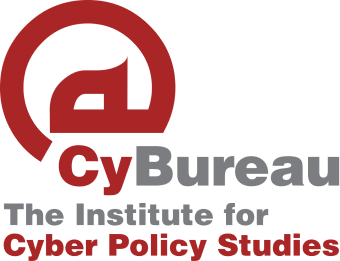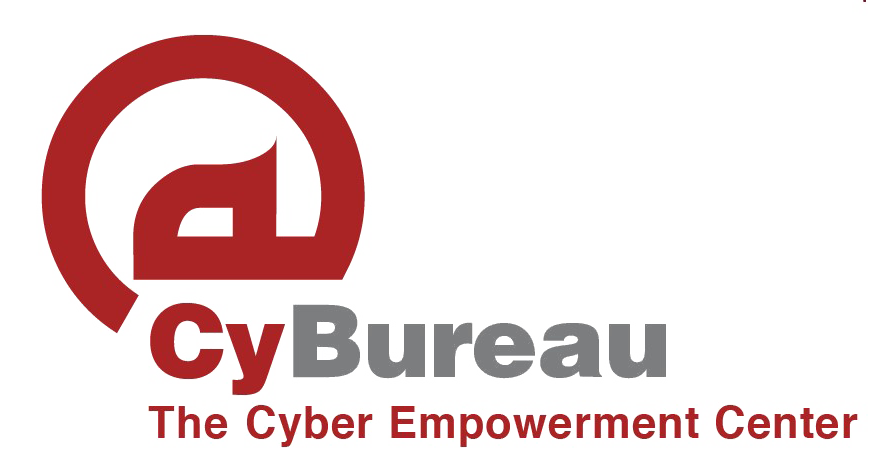עידן הסייבר: איך היו משתנות המלחמות
השבוע ציינו את יום השנה הן למלחמת לבנון הראשונה והן למלחמת ששת הימים. כל אחת נערכה בתקופה אחרת וגררה בעקבותיה השפעות ארוכות טווח על המדינה. בעידן בו פעולות התקפיות מתבצעות בין מדינות כמעשה שבשגרה, באמצעות מחשבים, ללא כל הכרזה על מלחמה או הפעלת כוח צבאי, ולרוב ללא ידיעת האזרחים – כל זאת בניגוד גמור לשתיים הללו – מסקרן יהיה להשתעשע בתרגיל המחשבתי של "מה היה קורה אם".
ננתק לרגע את כל היתר ונצעיד טכנולוגית את המדינה והאזור אך ורק בהיבטי מחשוב ואינטרנט. כיצד היו מלחמות אלו מתנהלות בעידן האינטרנט, הרשתות החברתיות והתולעים למיניהן ?
במלחמה פיזית בין מדינות, כמו שהיינו עדים לה במלחמת ששת הימים, יתכן ועידן הלוחמה המקוונת יכול היה להפחית משמעותית את הצורך בלחימה פיזית. בהסתמך על ההנחה כי מדינות האזור היו עושות שימוש בטכנולוגיה צבאית מתקדמת יותר המבוססת מחשבים, יתכן וניתן היה לשבש מערכות שליטה ובקרה קריטיות וכן מערכות נשק מתקדמות של האויב באופן שיתכן והיה יכול לייתר חלק מהפעילות הצבאית הפיזית.
אף מלחמת לבנון הראשונה, שהתנהלה ברובה נגד פעילות גרילה, קרוב לוודאי שהיתה מתנהלת אחרת בעידן המידע בו השימוש במחשבים רב והתלות בהם הולכת וגדלה החל ברמת המדינה וכלה במשתמש הביתי. לצד יכולות משופרות של שיבוש פעילות תקשורתית ואיסוף מודיעיני על מערכות המבוססות מחשב של מדינה ואף ארגון לוחם, ראוי לזכור את היכולת של האקר סעודי צעיר לגנוב פרטיהם של מאות אלפי ישראלים ולתהות כיצד ארגוני טרור וגרילה יכולים לפגוע בעת שגרה וחרום בתשתית היומיומית של מדינה.
האינטרנט ורשתות המחשב המתקדמות היה ביכולתם לשמש כלי מהיר, זמין ורחב תפוצה לאיסוף מידע מודיעיני אודות האויב, לצד ערוץ לקבלת מידע חדשותי אודות המתרחש ועל ידי כך לטייב את תמונת המלחמה ולשפר בכך את השליטה וקבלת ההחלטות עבור הנוגעים בדבר.
האינטרנט מהווה כלי לאיסוף מידע, קבלתו והעברתו. מדיום תקשורתי זה יכול היה לשמש כלי משופר בידי השלטון להעביר מידע מדויק ובזמן אמת לאזרחי המדינה. מאידך, בשל זמינותו של האינטרנט, גלי מחאה כמו אלו שנוצרו במהלך מלחמת לבנון הראשונה, היו מתנהלים אחרת בעידן המקוון. אם נבחן את ארועי מחאת קיץ 2011 בישראל, ניתן לראות את חשיבותו הרבה של האינטרנט כבמה ליצירת ארועי מחאה פיזיים, אך גם את חשיבות הפרט והצורך ביציאתו של האדם הבודד להפגנות אליהן הוא מוזמן באמצעות הפייסבוק. מחאה זו לא היתה מצליחה בעידן המקוון ללא אותם אלו שיצאו כאז כן עתה לרחובות הערים במחאתם.
תרגיל מחשבתי זה, תוך השלכת טכנולוגיה קיימת על ארועי עבר, מצביע על האפשרות שלא מין הנמנע כי מלחמות אלו, אשר יום השנה להן צויין השבוע, היו מתנהלות אחרת, לטוב ולרע. אולם בבסיסן עומד האדם, אשר הוא מפעיל את המערכות הרגישות; אוסף מידע מודיעיני וחושף מידע רגיש ברשתות החברתיות; והוא זה אשר יוצר מחאות מקוונות, אך ללא נוכחותו הפיזית בהן, יהיו אלו מחאות כורסא ולא יותר.
Last week marked 45 years since the Six-Day War and 30 years since the First Lebanon War. Today, in the age of attacks carried out between countries via computers, without any official declaration of war or act of military force, and often without the knowledge of citizens — in stark contrast to the two aforementioned wars — it would be interesting to conduct a mental exercise entitled, "What would have happened if …"
Let us put aside for the moment all other considerations and march this country and the entire region forward technologically. How would these two wars have been conducted in the age of the Internet, social media networks and the various types of worms?
In contrast to a physical war between countries, as we experienced during the Six-Day war, in the era of online military tactics, the need to fight would be greatly reduced. If countries in the region would make use of more advanced, computer-based technology, it would likely disrupt control and supervision systems, as well as advanced weapons systems, in such a way that would obviate certain aspects of physical combat.
It is almost certain that the First Lebanon War, fought mostly against the PLO, would play out completely differently in the information age with use of and reliance on computers growing. On the one hand, we would have an improved ability to interrupt communication activities and information gathering by computer-based systems. On the other hand, it would be appropriate to remember that a Saudi hacker youth managed easily to steal the details of hundreds of thousands of Israelis. We might wonder in what way terror organizations might disrupt routine and emergency infrastructures in the country.
The Internet and advanced computer networks can be a useful, fast and accessible tool for gathering intelligence on our enemy, as well as a news channel for updated information on what is going on in general. They would enhance our overall picture of the war and improve our control and our decision-making process.
The Internet is a tool for gathering, receiving and transferring information. This media outlet can be used as an enhanced tool to provide citizens with exact information in real time. From another point of view, because of the ease of protest on the Internet, resistance similar to what developed during the First Lebanon War would have occurred very differently in the online age. If we look at the protest events in Israel during the summer of 2011, we can easily see the great importance of the Internet as a platform for creating physical protest events. We can also see, however, the importance of the individual, and each person's need for individual events to which he is invited on Facebook.
The unavoidable conclusion is that those wars we commemorated just this past week would have been very different were they to take place today, for better and for worse. But at the base, there is always a man running the sensitive computer systems. Collecting intelligence and sensitive information via social networks and creating online protests means nothing if there is no physical presence to support them.

